Ever Wonder Why Congress Is Stagnant? This Might Be Why...
by Christian Stellakis on Jun 24, 2015 | Views: 840 | Score: 0
| House of Representatives | Senate | |
|---|---|---|
| 1964 | 87 | 85 |
| 1966 | 88 | 88 |
| 1968 | 97 | 71 |
| 1970 | 85 | 77 |
| 1972 | 94 | 74 |
| 1974 | 88 | 85 |
| 1976 | 96 | 64 |
| 1978 | 94 | 60 |
| 1980 | 91 | 55 |
| 1982 | 90 | 93 |
| 1984 | 95 | 90 |
| 1986 | 98 | 75 |
| 1988 | 98 | 85 |
| 1990 | 96 | 96 |
| 1992 | 88 | 83 |
| 1994 | 90 | 92 |
| 1996 | 94 | 91 |
| 1998 | 98 | 90 |
| 2000 | 98 | 79 |
| 2002 | 96 | 86 |
| 2004 | 98 | 96 |
| 2006 | 94 | 79 |
| 2008 | 94 | 83 |
| 2010 | 85 | 84 |
| 2012 | 90 | 91 |
| 2014 | 95 | 82 |
Rate of Incumbent Reelection
%
Sources:
opensecrets.org

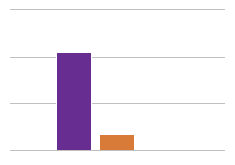
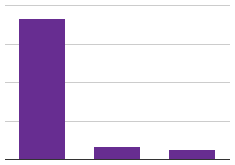
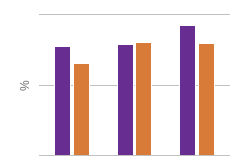
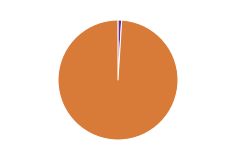
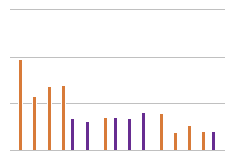
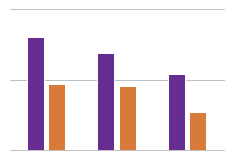
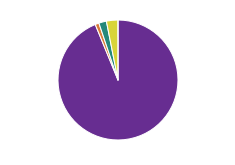
Should it really be so surprising that Congress has trouble with progress, given the fact that the same people are reelected year after year? With the rate of incumbency victory consistently above 90 percent in the House and frequently above 80 percent in the Senate, Congressional races are often quite predictable. Consequently, there is little incentive for incumbents to make drastic, meaningful change to the system.